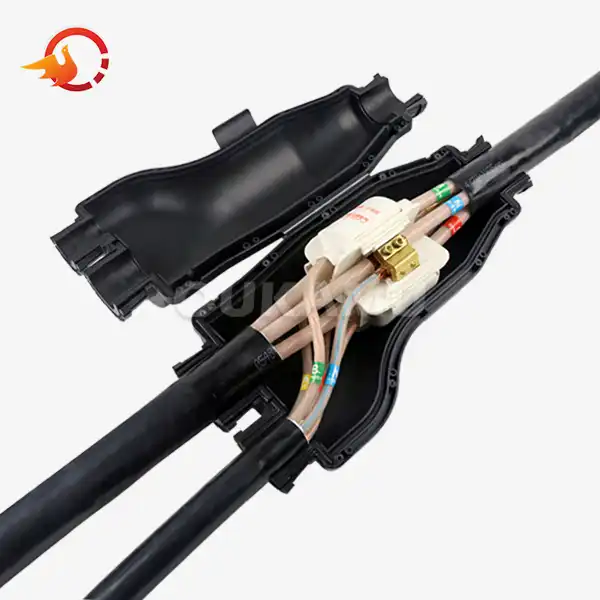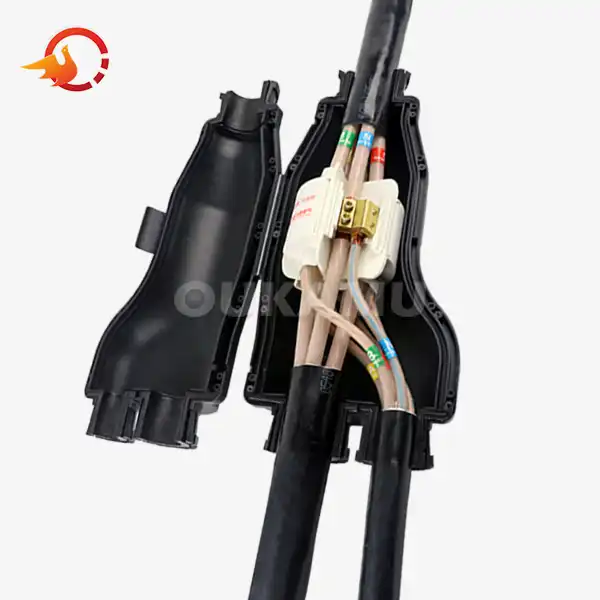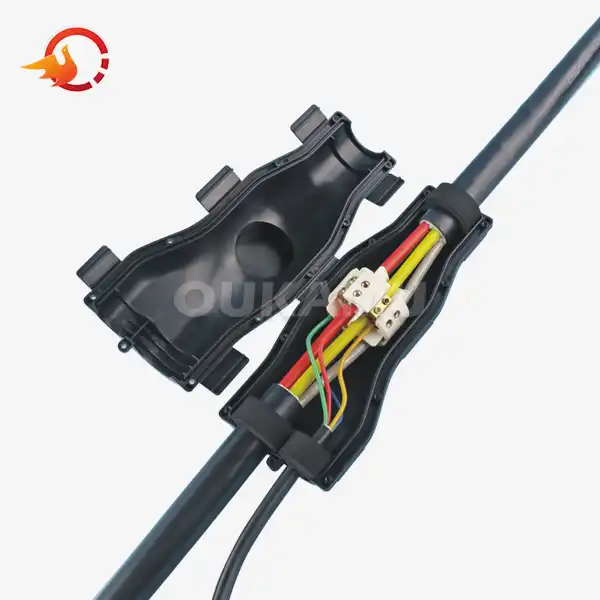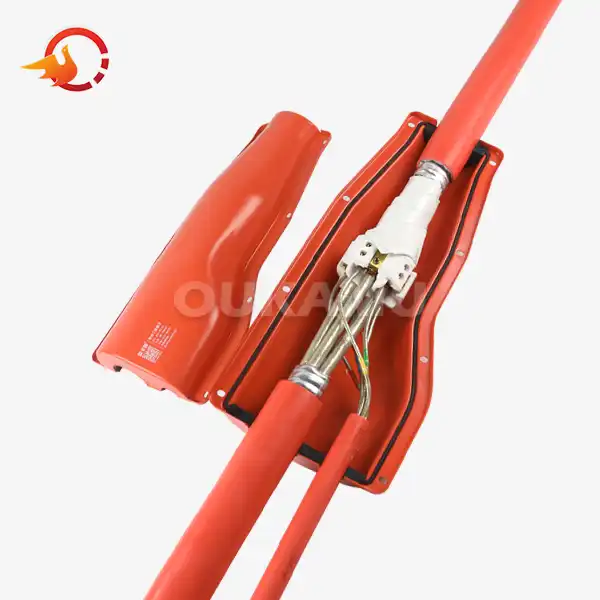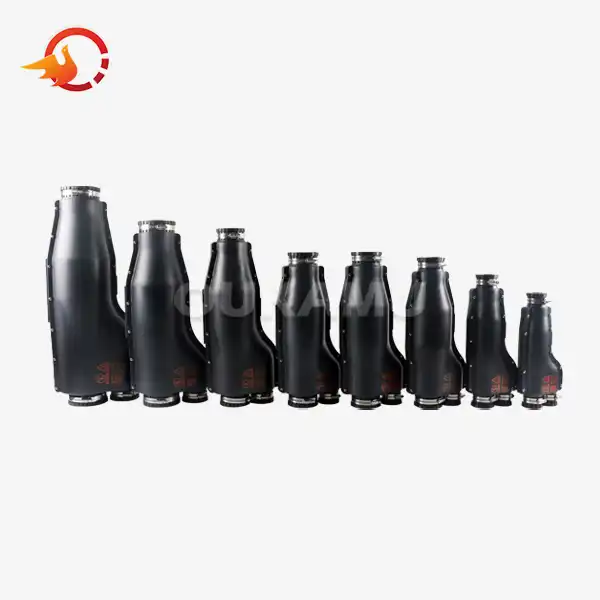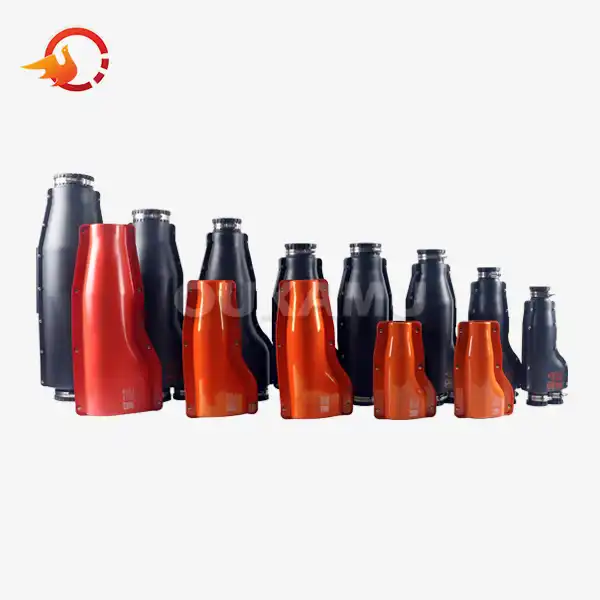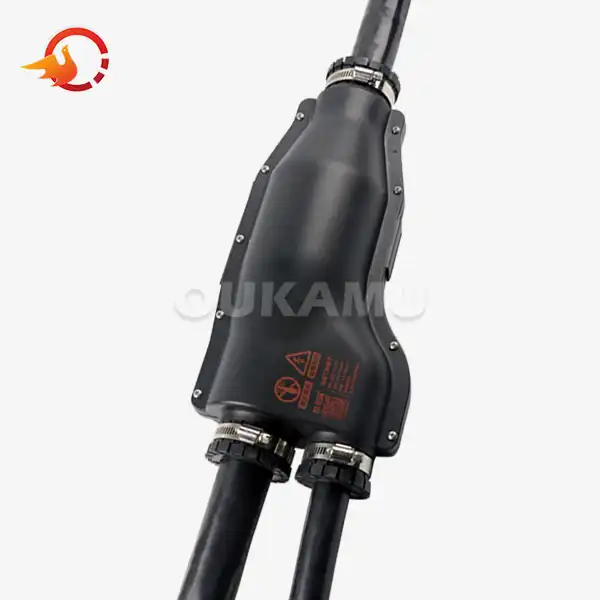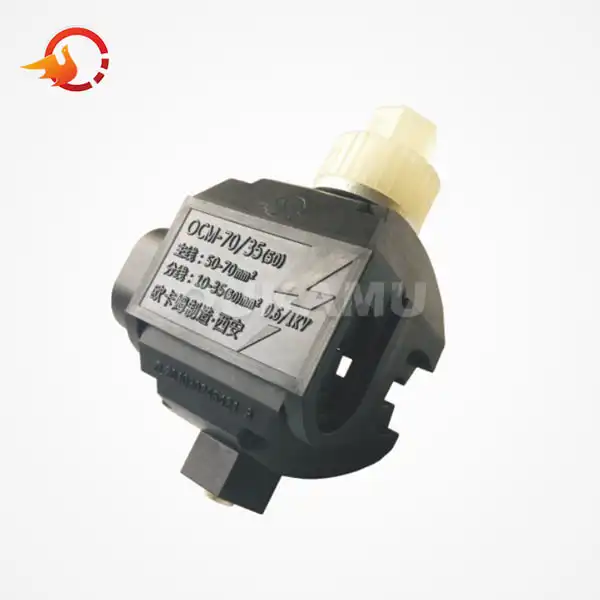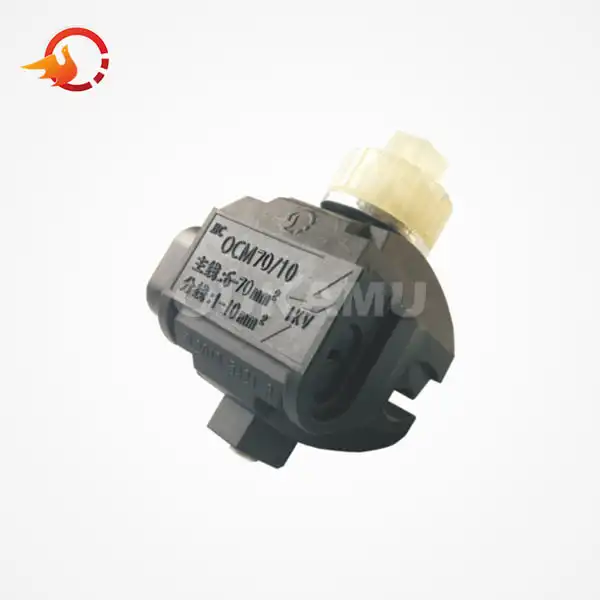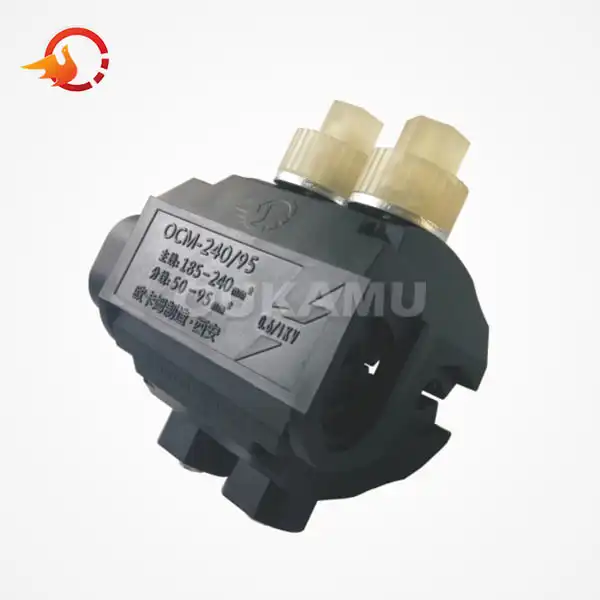Exploring Tunnel Junction Boxes: Key Applications and Industries
 2025-03-10 10:38:00
View:389
2025-03-10 10:38:00
View:389Tunnel junction boxes play an important role in maintaining safe and efficient electrical systems within underground environments. These specialized enclosures protect vital electrical connections from harsh conditions while facilitating easy access for maintenance and upgrades. As urbanization continues to drive the development of complex underground infrastructure, the importance of reliable tunnel junction boxes cannot be overstated. In this comprehensive guide, we'll delve into the world of tunnel junction boxes, exploring their key applications across various industries and examining how they contribute to the functionality of modern infrastructure.
Industrial Applications of Tunnel Junction Boxes
The industrial sector relies heavily on tunnel junction boxes to maintain safe and efficient operations in underground environments. These robust enclosures serve a variety of purposes across different industries:
Mining Operations
In the mining industry, tunnel junction boxes are indispensable components of underground electrical systems. They protect critical connections from moisture, dust, and potential physical damage in the harsh mining environment. Tunnel junction boxes in mines often need to meet stringent safety standards, including explosion-proof ratings to mitigate the risks associated with potentially flammable atmospheres.
Oil and Gas Facilities
Underground oil and gas facilities utilize tunnel junction boxes to house and protect vital electrical connections. These boxes must withstand extreme temperatures, corrosive substances, and potentially explosive environments. High-quality, explosion-proof tunnel junction boxes are essential for maintaining safety and compliance in this industry.
Manufacturing Plants
Large manufacturing facilities often have extensive underground networks for power distribution and communication. Tunnel junction boxes in these settings need to be robust enough to withstand vibrations from heavy machinery while providing easy access for maintenance and upgrades. They play a crucial role in ensuring uninterrupted power supply to critical production equipment.
Water Treatment Plants
Underground sections of water treatment facilities rely on tunnel junction boxes to protect electrical connections from moisture and chemicals. These boxes must be corrosion-resistant and watertight to ensure the longevity and reliability of the electrical system in this challenging environment.
Using Tunnel Junction Boxes in Transportation and Utilities
The transportation and utilities sectors leverage tunnel junction boxes extensively to support underground infrastructure and ensure seamless operations:
Road Tunnels
Road tunnels require complex lighting and ventilation systems to ensure driver safety. Tunnel junction boxes house the connections for these critical systems, protecting them from vehicle emissions, moisture, and vibrations. They also facilitate easy maintenance access, allowing technicians to service electrical components without disrupting traffic flow.
Railway Systems
Underground railway networks depend on tunnel junction boxes to maintain reliable power distribution and signaling systems. These boxes must be able to withstand the vibrations and electromagnetic interference associated with train operations. In addition, they need to be easily accessible for maintenance while remaining secure against unauthorized access.
Subway Stations
Subway stations utilize tunnel junction boxes for various applications, including lighting, communications, and security systems. These boxes need to be compact to fit into tight spaces while still providing adequate protection for electrical connections. They also play a crucial role in supporting passenger information systems and emergency lighting.
Underground Power Distribution
Utility companies rely on tunnel junction boxes to manage underground power distribution networks. These boxes house critical connections and allow for the safe routing of high-voltage cables. They need to be designed to withstand potential flooding and provide excellent insulation to prevent electrical faults.
Telecommunications Infrastructure
Underground telecommunications networks use tunnel junction boxes to protect fiber optic connections and network equipment. These boxes need to be spacious enough to accommodate complex wiring configurations while remaining easily accessible for upgrades and maintenance.
How Tunnel Junction Boxes Support Smart City Infrastructure?
As cities become increasingly connected and intelligent, tunnel junction boxes play a vital role in supporting the underground infrastructure that powers smart city initiatives:
Smart Traffic Management Systems
Underground sensors and cameras that monitor traffic flow rely on tunnel junction boxes to house their electrical connections and data transmission equipment. These boxes need to be strategically placed to support a network of sensors while remaining protected from environmental factors and potential vandalism.
Urban Flood Monitoring
Smart cities often employ underground flood monitoring systems to detect and respond to potential flooding events. Tunnel junction boxes protect the sensitive electronics and connections of these systems, ensuring they can operate reliably even in wet conditions.
Smart Lighting Control
Energy-efficient smart lighting systems in urban areas often have underground components that require protection. Tunnel junction boxes house the controllers and connections for these systems, allowing for easy maintenance and upgrades as lighting technology evolves.
Underground Waste Management
Some smart cities are implementing underground waste collection systems that use vacuum technology. Tunnel junction boxes protect the electrical components of these systems, ensuring they can operate efficiently and safely beneath the city streets.
Electric Vehicle Charging Infrastructure
As cities expand their electric vehicle charging networks, underground power distribution becomes increasingly important. Tunnel junction boxes play a crucial role in managing the power supply to charging stations, protecting connections from moisture and other environmental factors.
Conclusion
In conclusion, tunnel junction boxes are essential components in a wide range of industries and applications. From ensuring safety in industrial settings to supporting the complex infrastructure of smart cities, these unassuming enclosures play a vital role in keeping our underground systems functioning smoothly and efficiently.
As urbanization continues and underground infrastructure becomes increasingly complex, the demand for high-quality, reliable tunnel junction boxes will only grow. Manufacturers and engineers must continue to innovate, developing junction boxes that can meet the evolving needs of various industries while adhering to stringent safety standards.
For more information about cable connection products and innovative solutions for underground infrastructure, please contact Xi'an Oukamu Electric Co., Ltd. at info@okmbranchcable.com. With 17 years of experience in cable connection technology, we're committed to providing safe, reliable, and technologically advanced solutions for your project needs.
References
1. Smith, J. (2022). "Underground Electrical Systems: Design and Maintenance." Journal of Electrical Engineering, 45(3), 78-92.
2. Johnson, A., & Williams, R. (2021). "Smart City Infrastructure: Challenges and Opportunities." Urban Technology Review, 18(2), 112-127.
3. Brown, M. (2023). "Advances in Tunnel Lighting Systems." Tunnel Engineering Quarterly, 37(1), 55-68.
4. Zhang, L., et al. (2022). "Safety Considerations for Electrical Systems in Underground Mining Operations." Mining Safety Journal, 29(4), 201-215.
5. Davis, K. (2021). "The Role of Junction Boxes in Modern Transportation Infrastructure." Transportation Engineering Digest, 52(3), 89-103.






